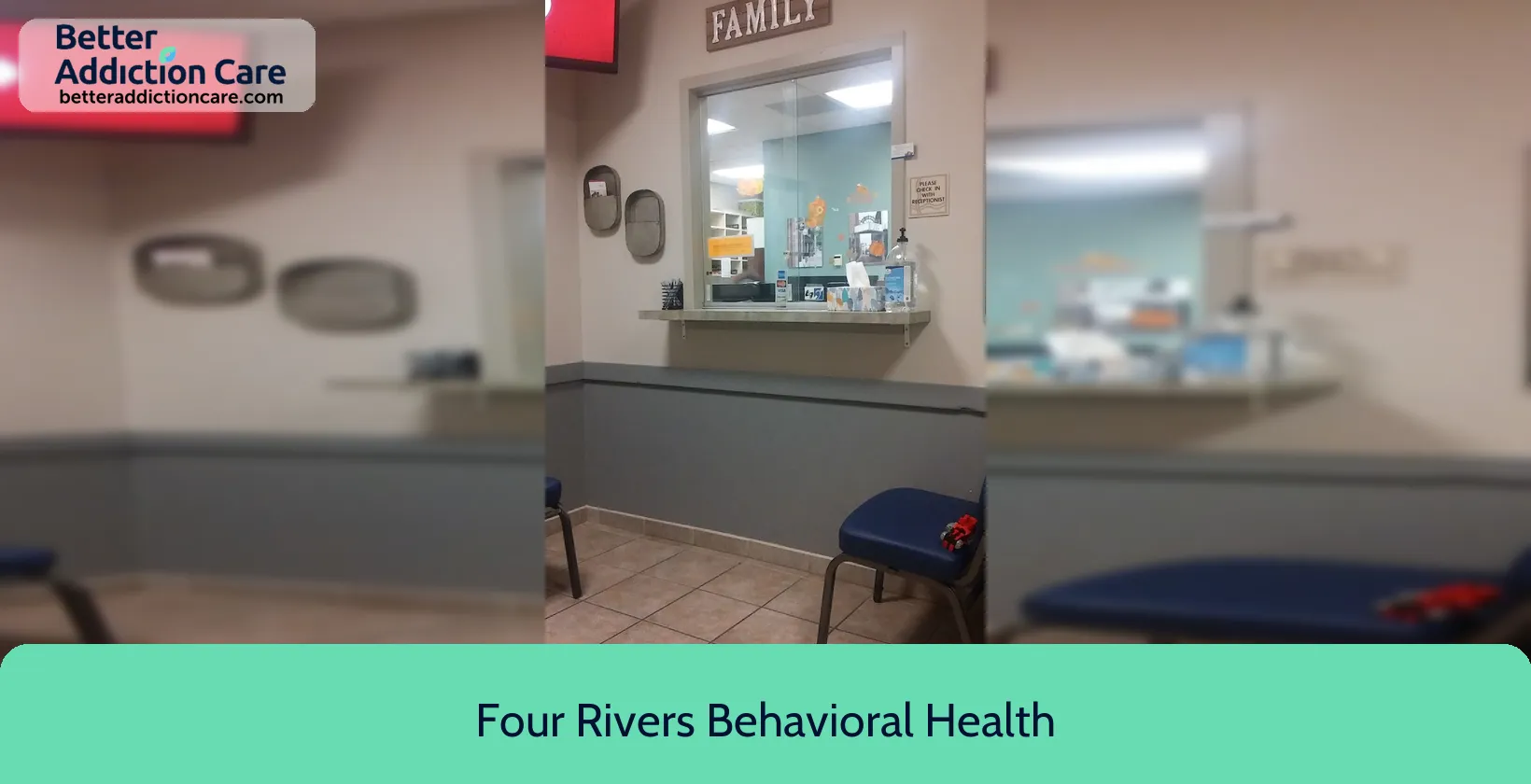429 Best Alcohol & Drug Rehabs in Kentucky 2024
Discover the top alcohol and drug rehab centers in Kentucky, United States. Explore 718 nearby treatment facilities providing inpatient, outpatient, and detox services.
Use filters to search by payment options, amenities, specialty programs, and more to find the perfect treatment for your unique situation.
429 Treatment Centers in Kentucky, US
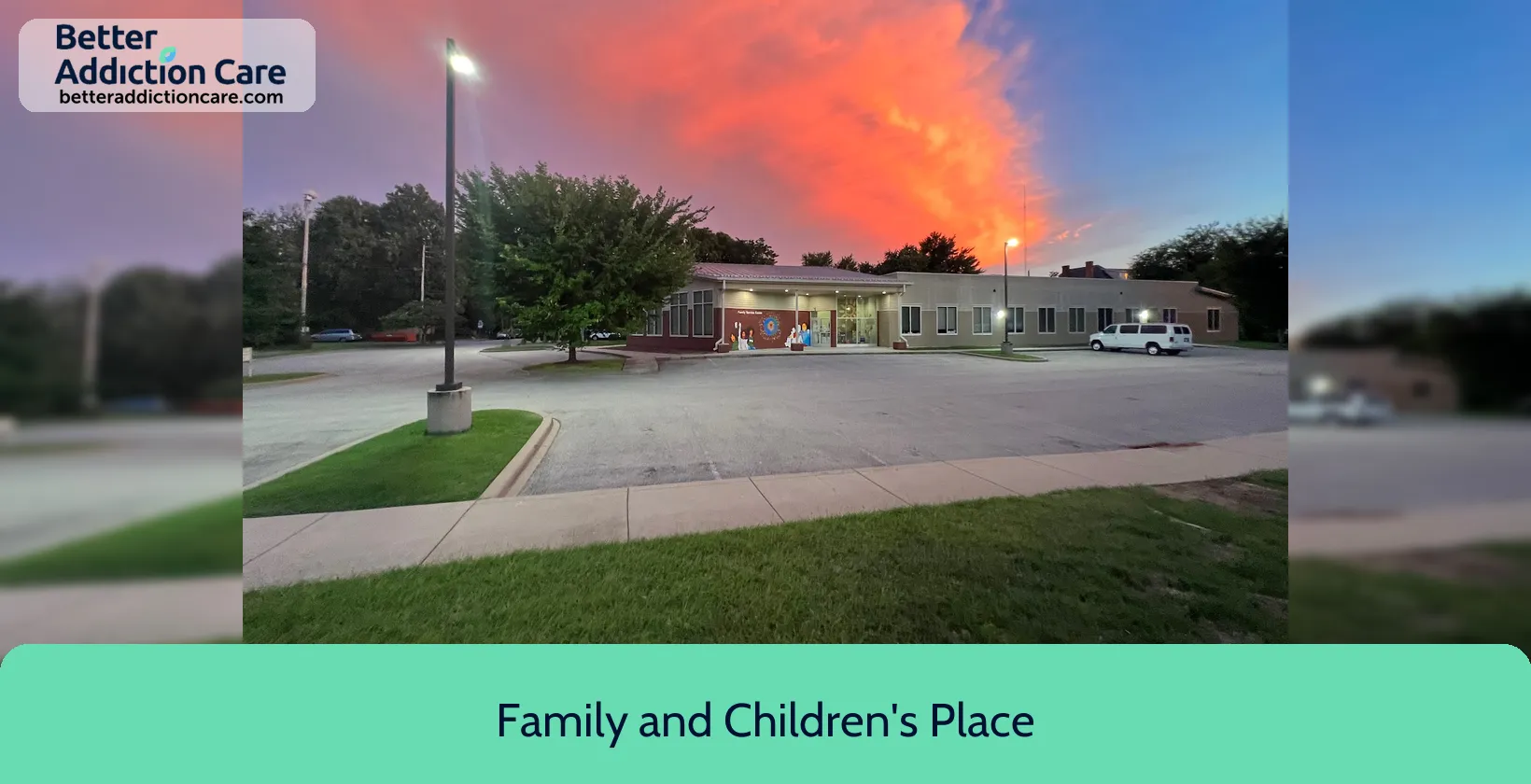
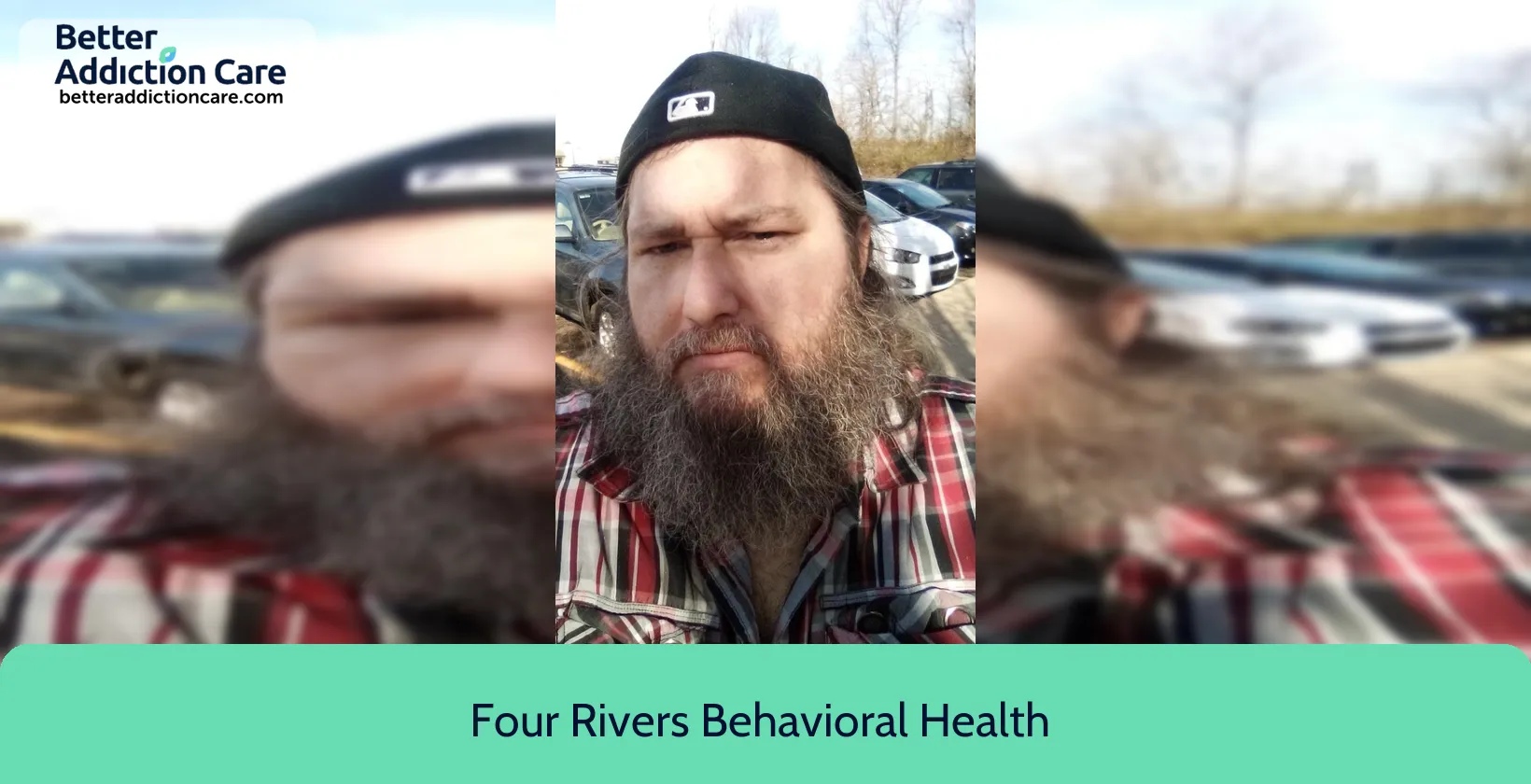
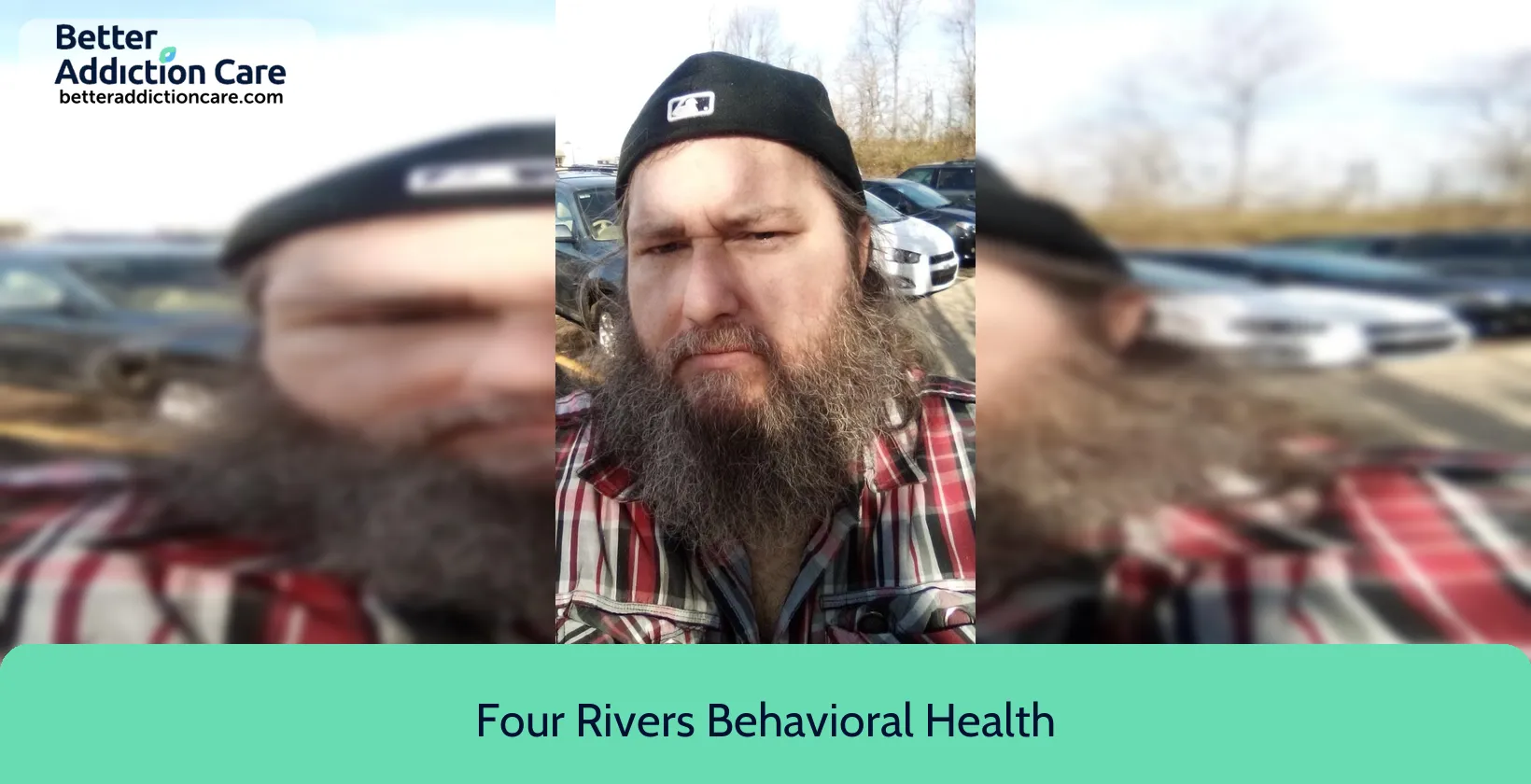

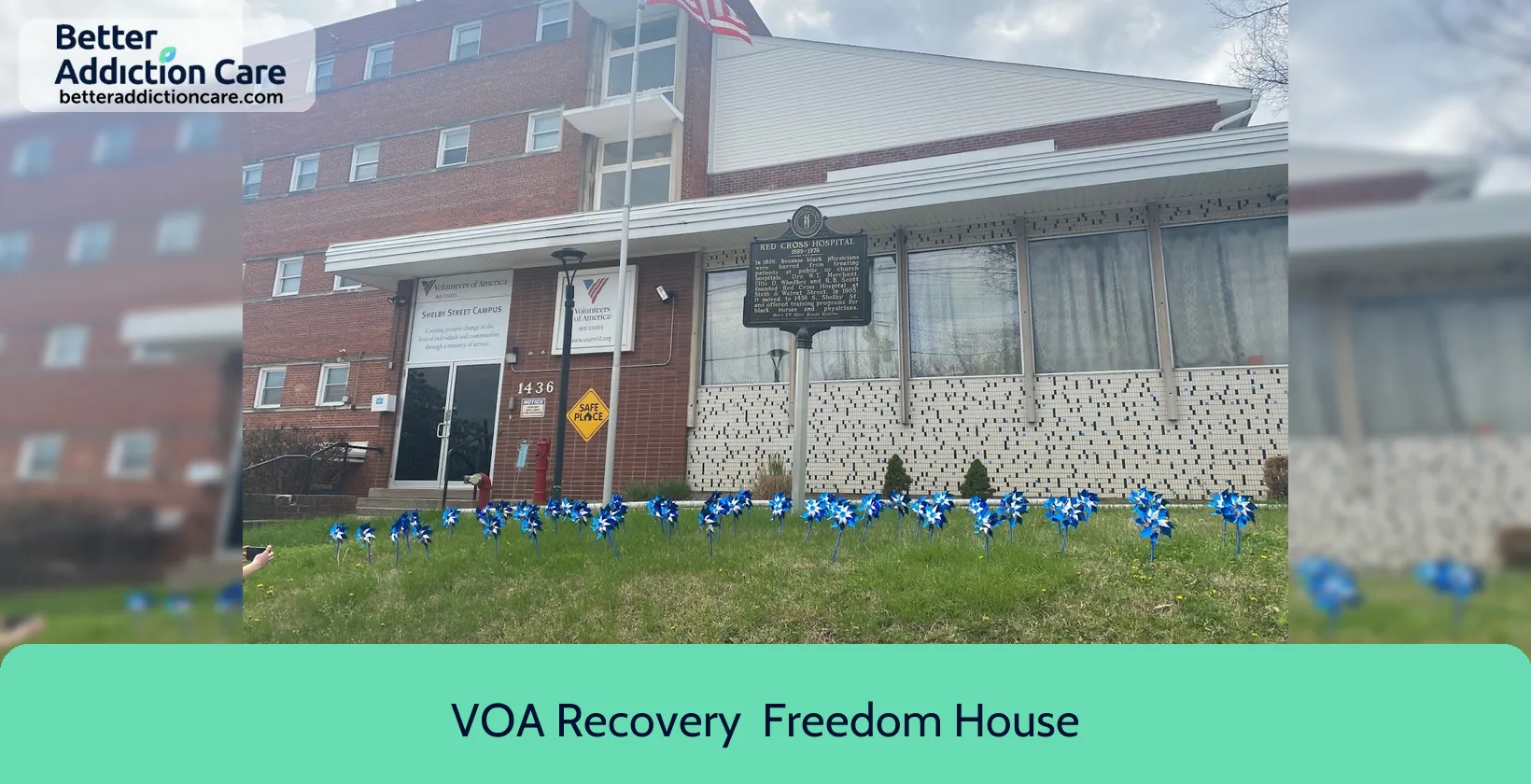

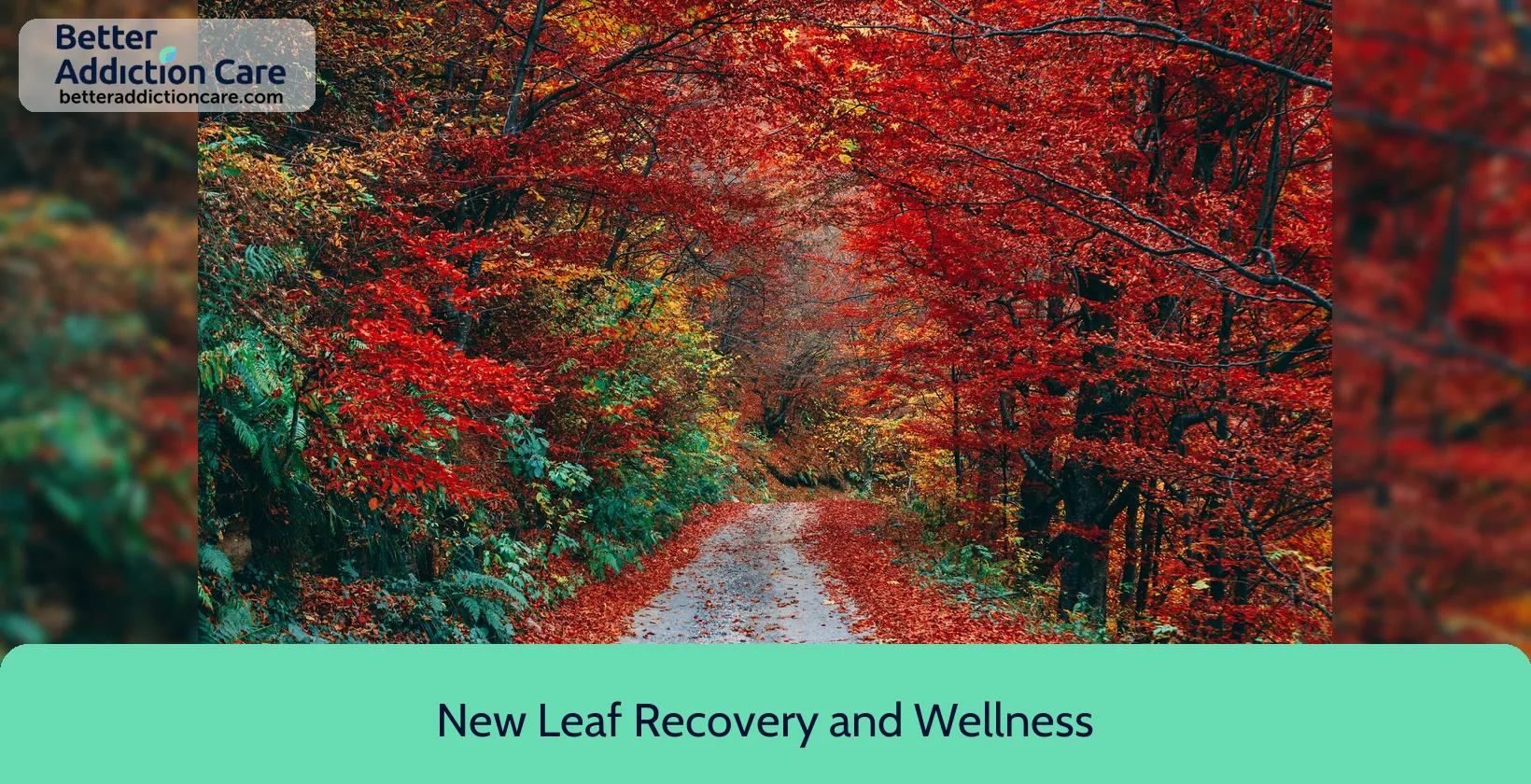



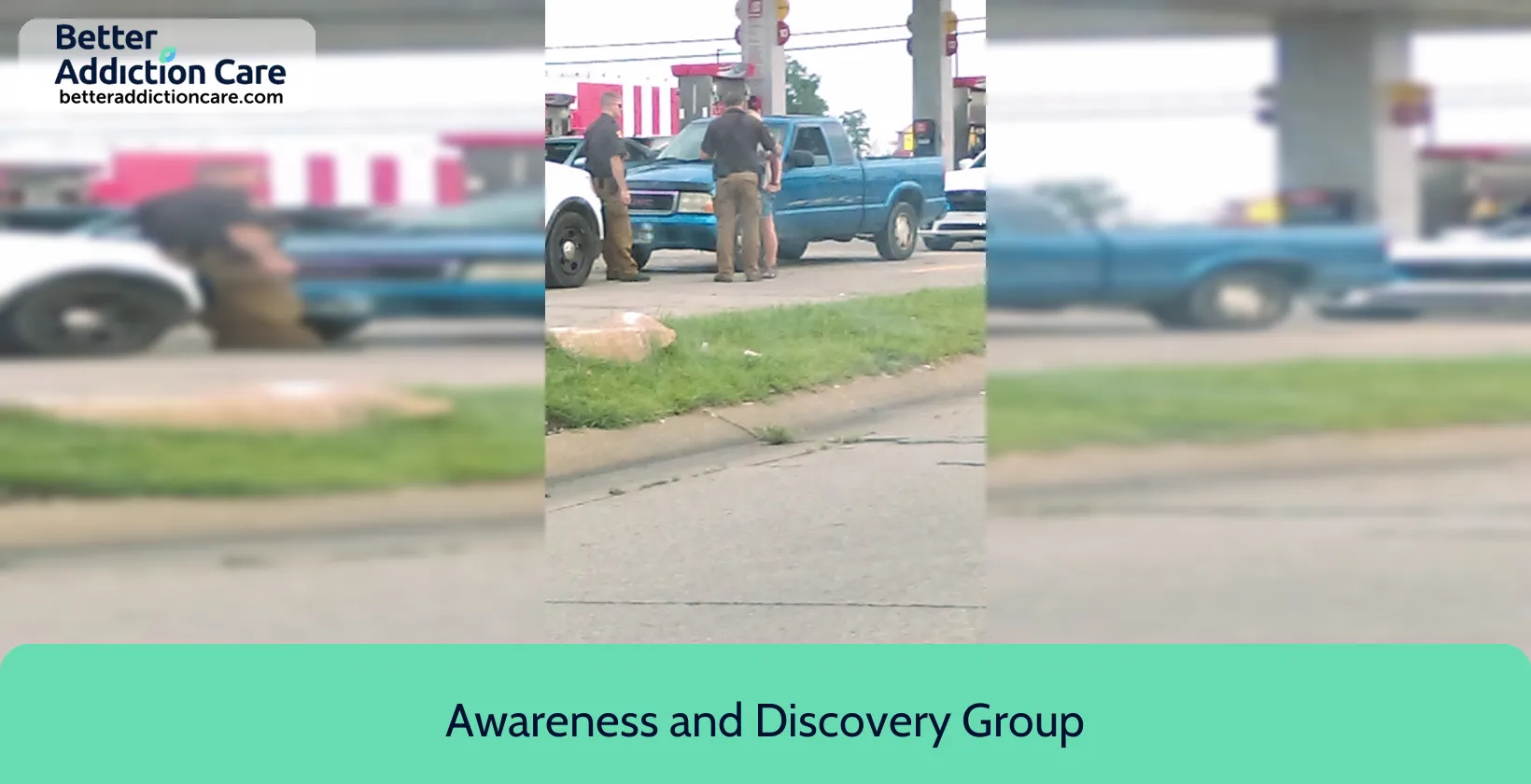


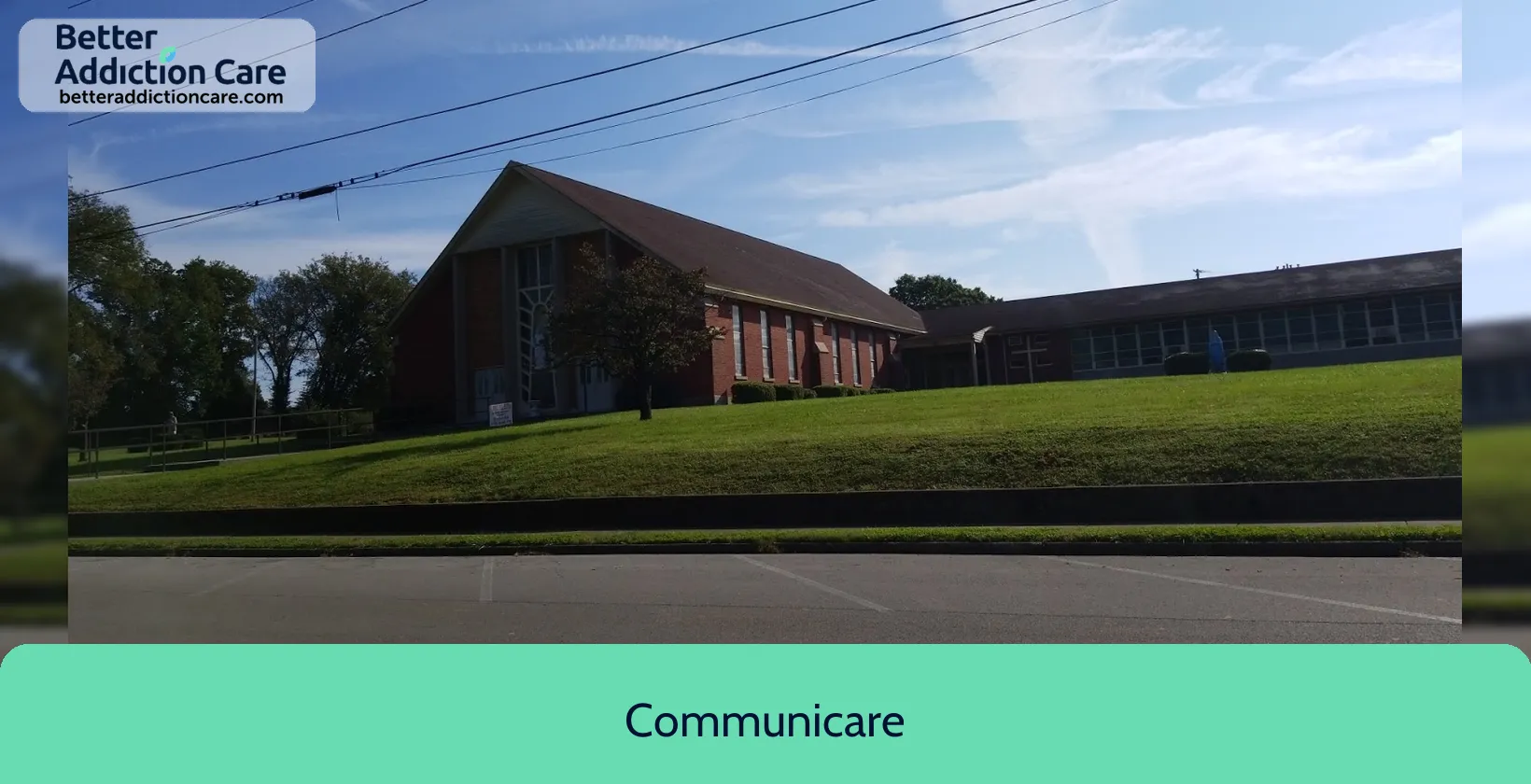
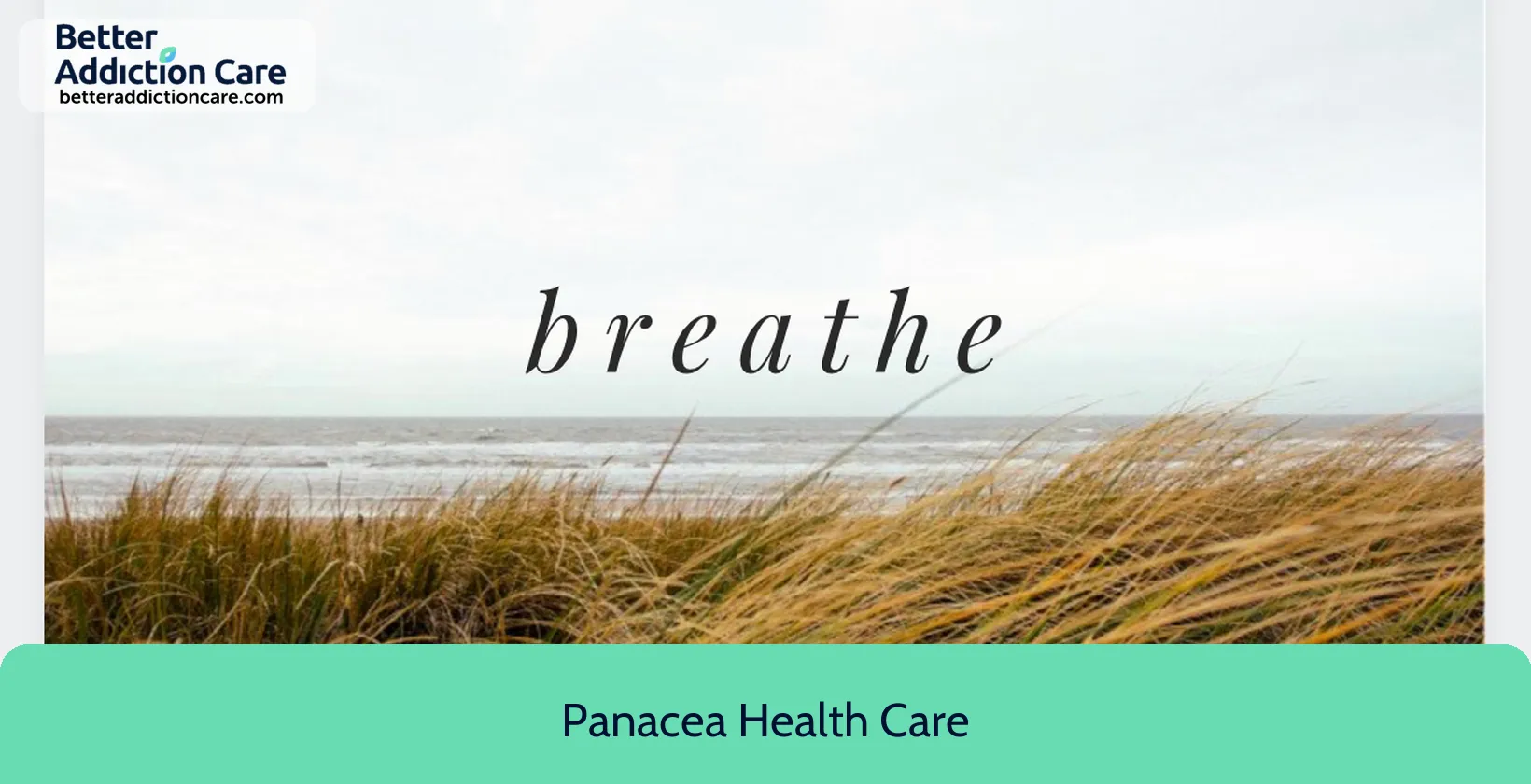

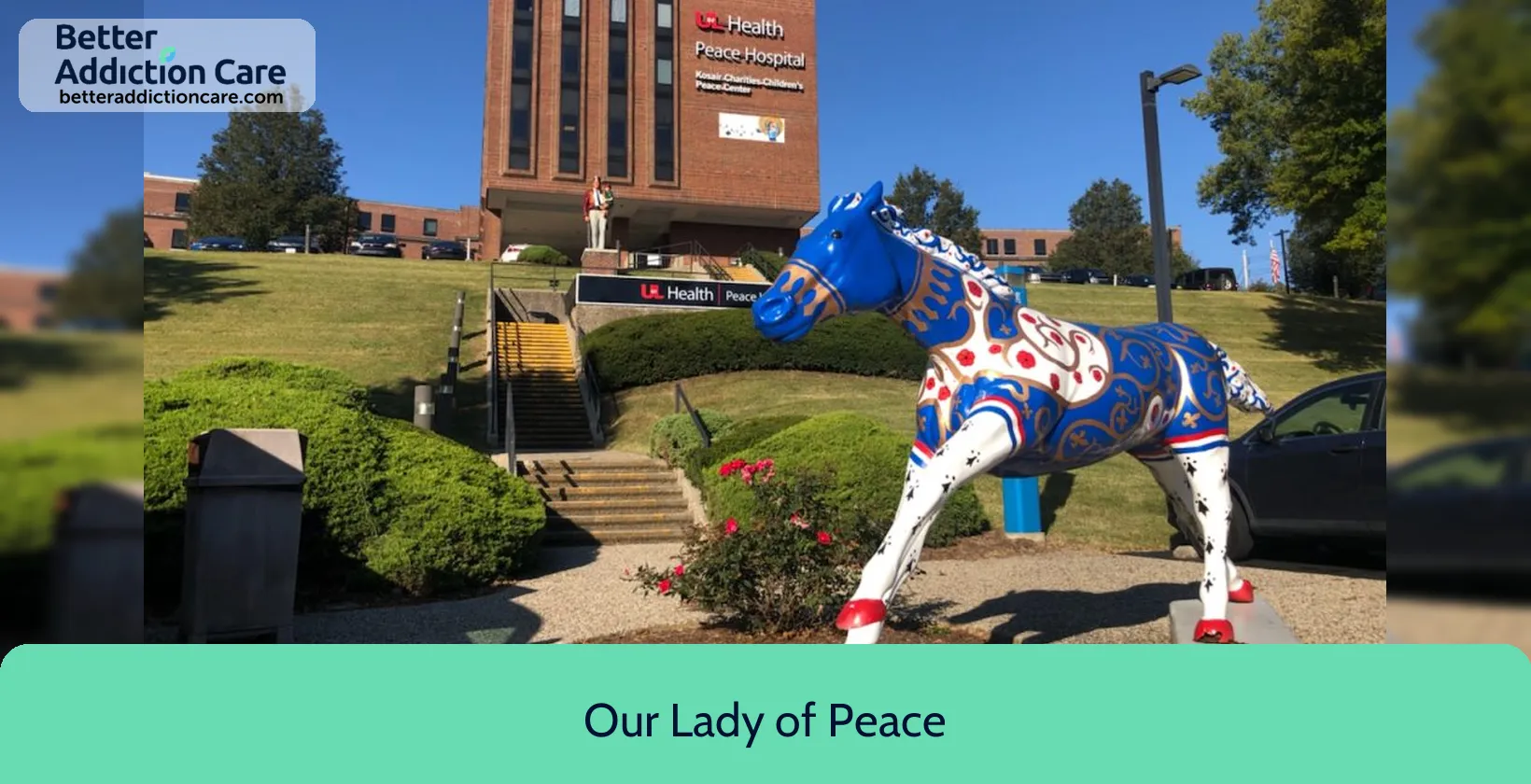


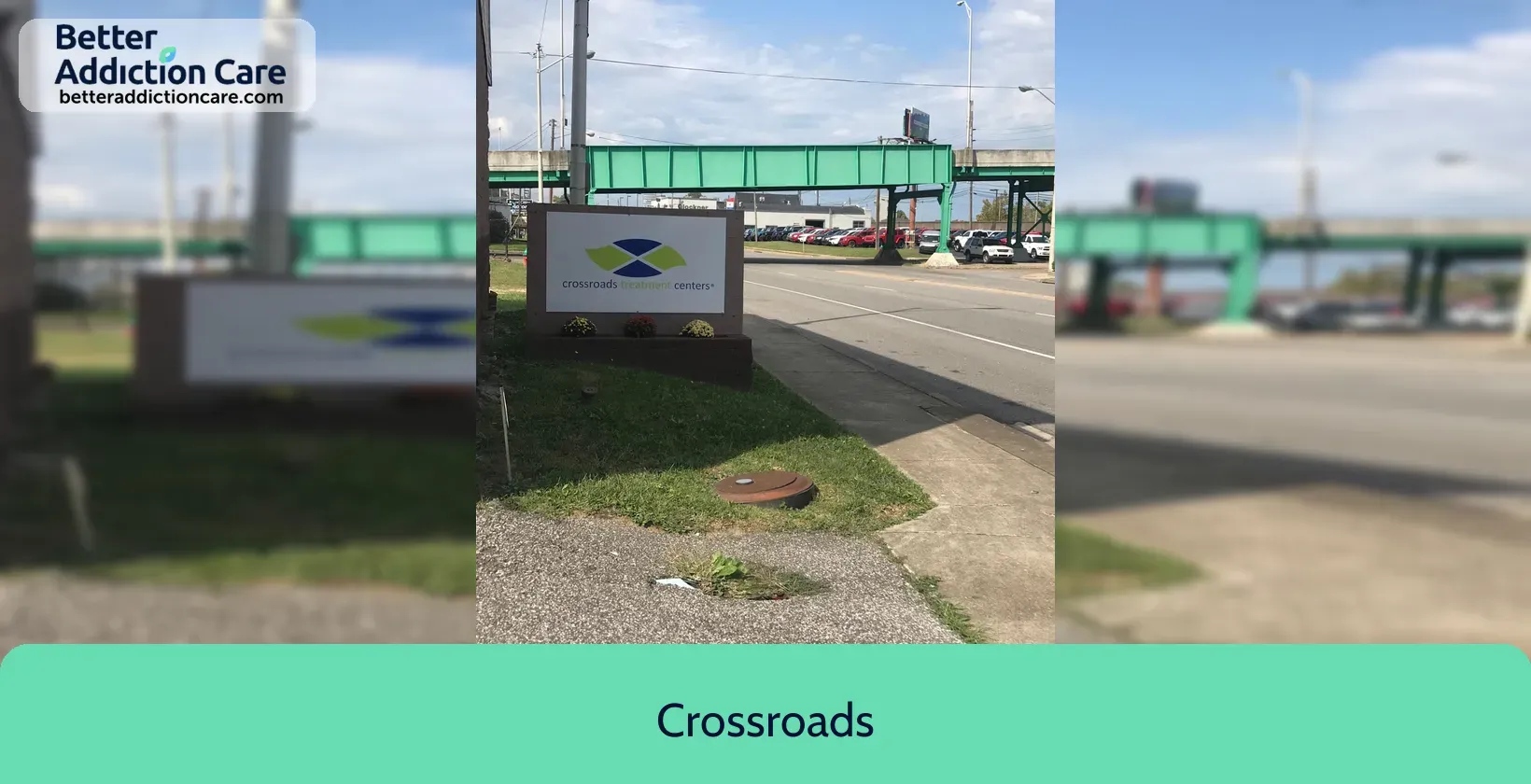





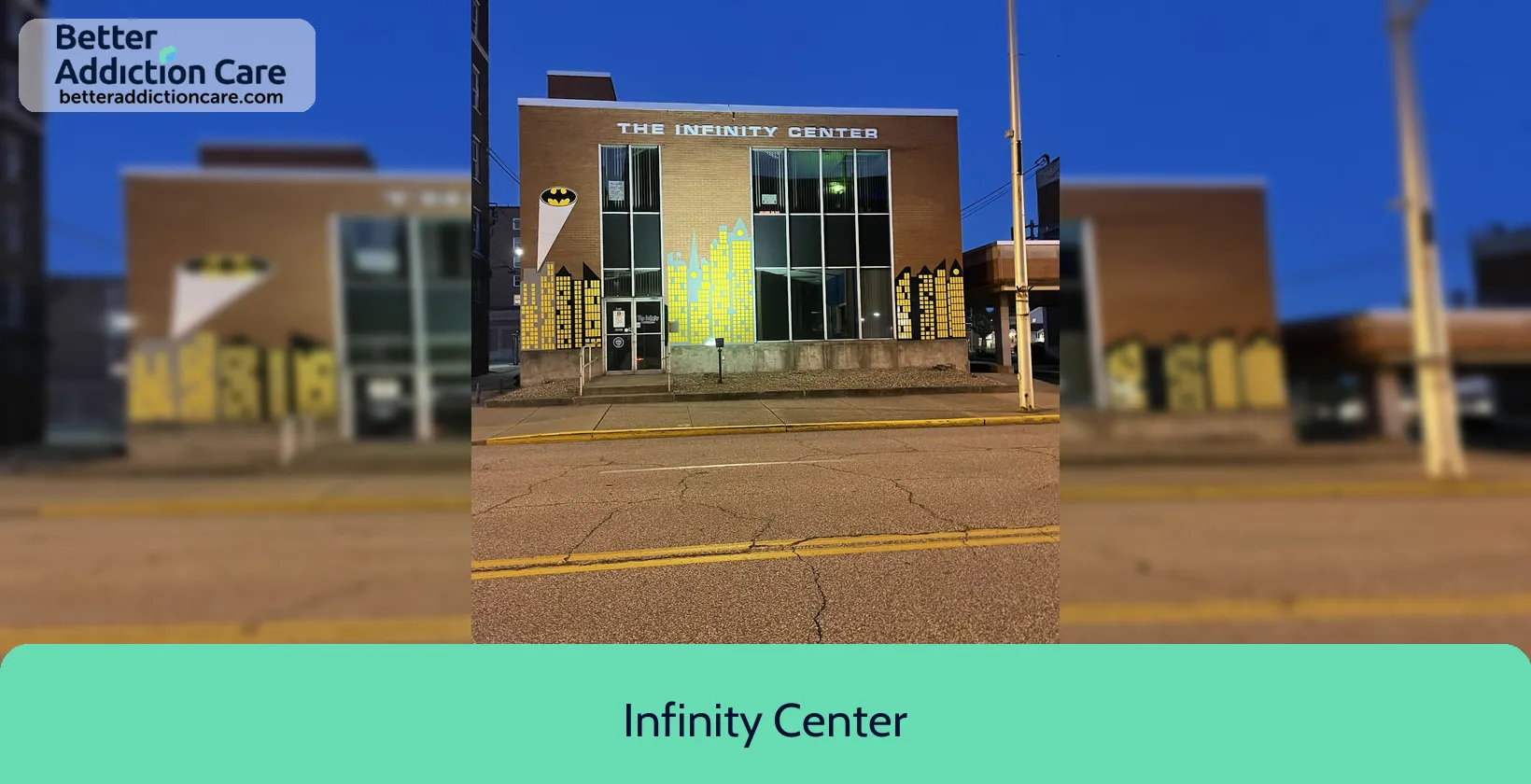






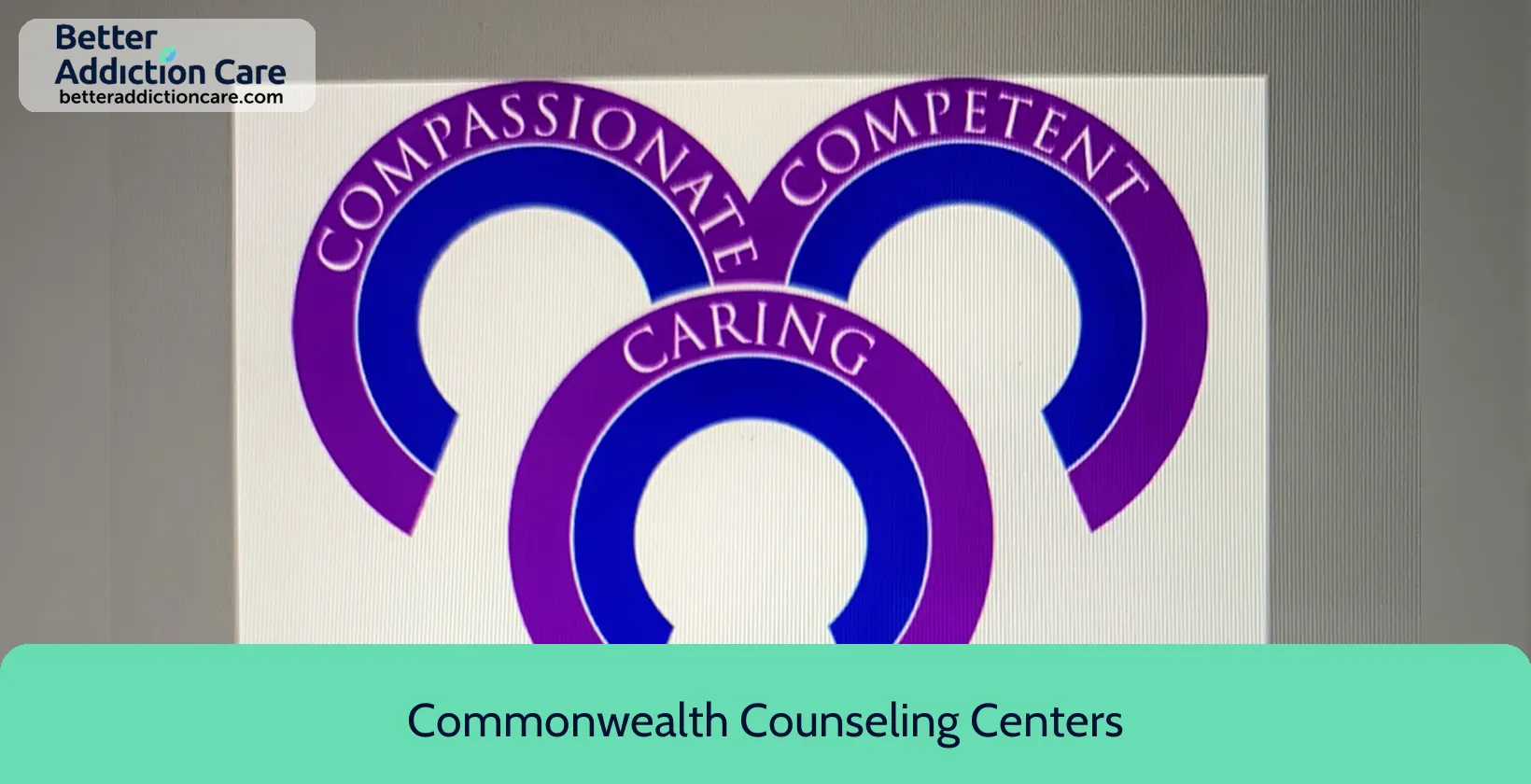


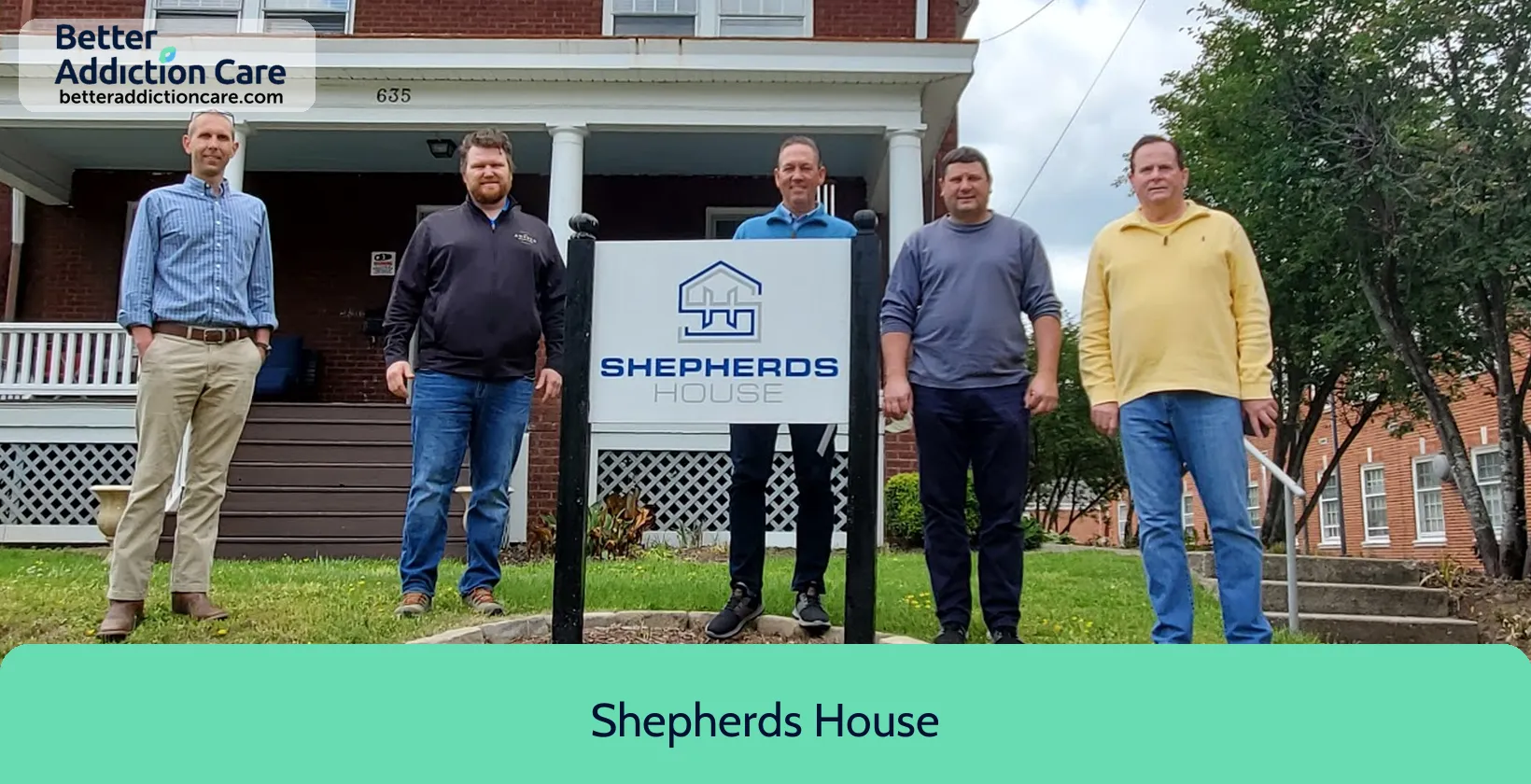


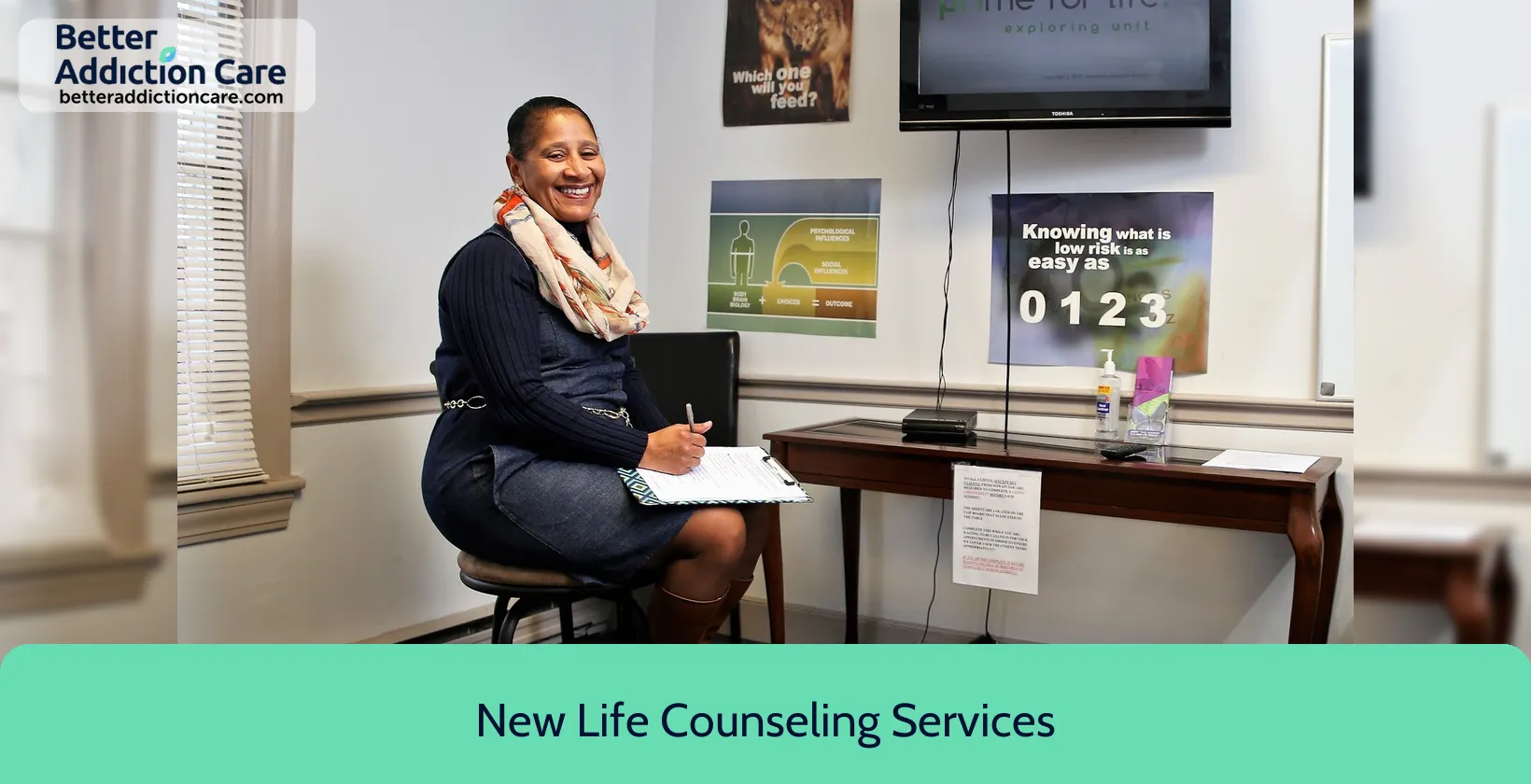





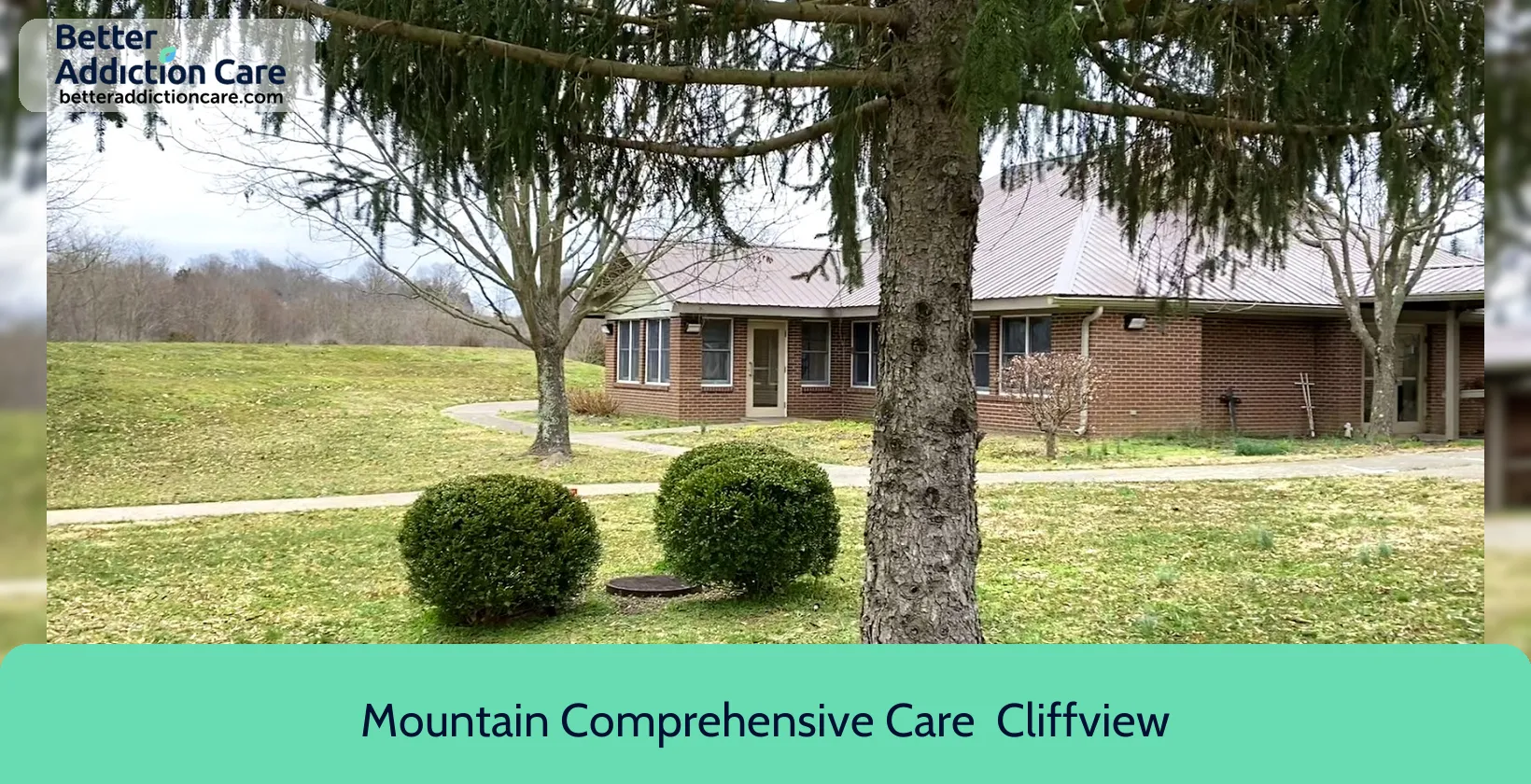


Alcoholism, Drug Abuse, Mental Health, and Treatment in Kentucky
Kentucky Summary:
Kentucky is dealing with a variety of alcohol and drug problems, as well as mental health issues. Some counties in Kentucky are “dry” and do not allow sales of alcohol, which in some ways reduces the rates of drinking in these areas. However, drunk driving is still a major concern in many parts of the state. Kentucky also faces an increase in prescription drug addiction and has problems with heroin, methamphetamine and synthetic drug use. Just over half of residents in Kentucky with need do not receive treatment for mental health issues.
Despite these concerns, Kentucky provides many different types of rehab centers and drug treatment programs. There are payment-assisted facilities in bigger cities like Louisville and Bowling Green, as well as high-quality, comprehensive treatment centers in rural parts of the state.
Quick Kentucky statistics:
- Kentucky state population: 4.5 million
- Roughly 250,000 of people in Kentucky abuse alcohol or struggle with alcoholism
- Over 100,000 Kentucky residents abuse or are addicted to illicit drugs
- In Kentucky, over 80% of people dealing with substance abuse or have a chemical dependency do not receive treatment
Alcoholism in Kentucky
Kentucky has a number of “dry counties”, where the sale of alcohol is prohibited. Interestingly, some dry counties have higher rates of DUI-related crashes than counties where alcohol sales are allowed. Roughly 1.5% of Kentucky residents report driving after drinking too much, which is slightly lower than the national average.
Kentucky offers a number of comprehensive treatment centers for drug and alcohol rehabilitation. Located in Louisville, Landmark Recovery offers a 30-day residential treatment program in a high-quality facility. An important aspect of the rehab process at Landmark Recovery involves incorporating spirituality in both group and individual settings. The facility also implements neurofeedback when treating patients who struggle with drug and alcohol abuse. Neurofeedback involves retraining dysfunctional brain patterns that contribute to addiction. Additionally, Landmark Recovery offers more traditional therapy options like individual therapy, group therapy and Creative Arts Therapy.
The Healing Place in Louisville is a free treatment center that specializes in treating alcoholism and substance abuse. The Healing Place has both a Women and Children’s Campus and a Men’s Campus. Both recovery centers offer inpatient treatment and provide services to men and women of all backgrounds free of charge. The Healing Place is focused on the 12-step model of recovery. Peer mentors who’ve completed the program aid in assisting those currently participating in the addiction program.
Drug Abuse in Kentucky
Like many states across the nation, Kentucky is very concerned with the rise of prescription drug abuse. In 2015, overdose deaths from fentanyl (a prescription opioid) increased dramatically in Kentucky. Marijuana is the most commonly used drug in the state, but use rates among adolescents are some of the lowest in the U.S.
Kentucky has a number of both luxury and payment-assisted facilities for drug addiction and substance abuse treatment. Located in Bowling Green, The Bridge to Recovery is a luxury treatment center that gives participants the opportunity to focus on recovery in a serene environment surrounded by lakes and mountain views. The Bridge to Recovery offers treatment for opioid addiction, which includes the abuse of prescription drugs like oxycodone and the use of illegal drugs like heroin. The facility is open to men, women and young adults and focuses on a holistic approach to treatment and recovery.
For those in need of a payment-assisted rehab facility, Ultimate Treatment Center in Ashland accepts Medicaid, Medicare, military insurance coverage and private health insurance. The treatment center has an outpatient program and also provides intervention services for families and friends of addicts who are looking to stage an intervention. Ultimate Treatment Center offers both medically-assisted detox and Methadone Maintenance Treatment, which involves the use of methadone as a substitute for someone who is addicted to opioids such as codeine, Percocet or heroin, among others. The rehab center has a dedicated team of doctors and counselors and provides many different types of treatment and recovery services.
Mental Health in Kentucky
A significant number of people in Kentucky struggle with mental illness or mental health issues. According to the 2013 State Health Assessment, Kentucky residents report a higher number of “poor mental health” days than 48 other states. Kentucky has almost twice the number of adults with serious psychological distress than Vermont, which has the lowest rate in the U.S.
While the options for mental health treatment in Kentucky might be limited, there are some facilities that provide high-quality care for residents suffering from mental health issues like major depression, anxiety disorders, bipolar disorder and schizophrenia. Located in Louisville, Baptist Health - Behavioral Health is a payment-assisted treatment center that specializes in mental health. Baptist Health also offers treatment for those struggling with co-occurring substance abuse and mental health issues. The facility accepts Medicaid and Medicare and has other low-cost treatment payment options. Baptist Health has many different types of therapy options, including individual therapy, group therapy, couples treatment, Creative Arts Therapy and treatment for those suffering from eating disorders such as anorexia, bulimia or binge eating.
What kinds of drug rehab centers are in Kentucky?
Even though Kentucky is a smaller state, there are several types of drug rehab centers available to those struggling with addiction and seeking treatment.
Kentucky has multiple inpatient (residential) treatment centers in which participants live at a facility for a span of 30, 60 or even 90 days. One of the benefits of inpatient rehab centers is that many offer 24-hour clinical care and a full-time staff of dedicated doctors and therapists with a wealth of experience helping patients overcome addiction. Some residential rehab centers in Kentucky offer luxury accommodations and are located in remote environments, which gives patients a chance to focus on recovery away from the stress and demands of regular life.
In addition to inpatient programs, in Kentucky there are many facilities that offer outpatient treatment options and services. In some cases, a recovering addict may transition out of an inpatient program and into an outpatient treatment center. Outpatient treatment can include regular counseling or therapy, 12-step meetings and family programs in which both addicts and family members participate in the recovery process.
Kentucky also has a number of sober living communities or halfway houses. Sober living homes are group residences that welcome recovering alcoholics and drug addicts. Some of these facilities are religious-affiliated or run by a nonprofit, while others are privately owned. Sober living homes give those who are transitioning out of rehab a safe, affordable and substance-free place to live while they return to normal life.
How do know when you need to go to rehab?
There are many signs of addiction that both drug and alcohol abusers and their loved ones should be aware of. Addiction can start by someone drinking or taking drugs for fun, taking a drug to help with some type of issue in one’s life (like taking a stimulant to study for a test), experimenting with drugs, or by abusing a drug prescribed by a doctor.
Even before someone develops a chemical dependency on alcohol or drugs, they could be a drug abuser or have lost control of their alcohol consumption. Signs of addiction include chemical withdrawal symptoms, losing your job due to drug and alcohol consumption, problems in your personal relationships caused by drugs or alcohol, health problems that are the result of drinking or doing drugs and trying to quit or cut back on drinking or doing drugs but continuing to relapse. These are just some of the signs of addiction.
Rehab for substance abuse can be extremely beneficial to addicts and those who have developed a chemical dependency on drugs or alcohol. Some addicts may be resistant or hesitant to go to rehab. It’s not uncommon for family and loved ones of addicts to enlist the help of a professional intervention specialist, who is trained to facilitate an intervention in a safe and secure environment.
Kentucky: Looking Ahead
Kentucky is taking multiple steps to reduce alcoholism and drug addiction in the state and also improve access to mental health care for residents. In 2012, state lawmakers passed a bill to increase regulation of pain clinics and prescription drugs in Kentucky. Since the passing of this bill, overprescribing of prescription painkillers has decreased. The number of meth labs in Kentucky are on the decline and the state’s heroin problem is leveling off, but is still a primary concern for law enforcement. Due in part to the Affordable Care Act, Kentucky expanded its Medicaid program and added more behavioral health care providers, which in turn increased the number of residents with access to mental health services.
Although it’s a smaller state, Kentucky does have multiple options for those suffering from addiction, alcoholism or co-occurring mental health issues. Many religious-affiliated or non-profit treatment centers offer low-cost treatment programs and are open to residents with financial need. For anyone in Kentucky dealing with substance abuse or mental health problems, help is available.
